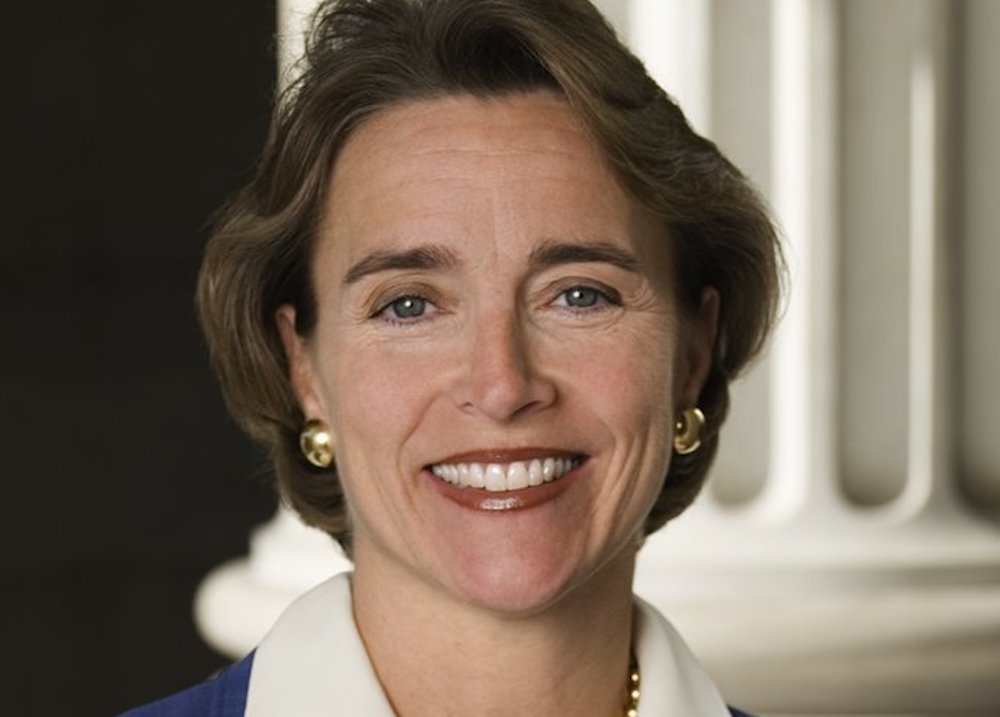
American politician Blanche Lincoln served as a United States Senator from Arkansas from 1999 to 2011. She was the first woman elected to the U.S. Senate from Arkansas since Hattie W. Caraway in 1932, the youngest woman elected to the Senate, and was mentioned as a possible running mate for Democratic presidential candidate John Kerry in the 2004 election. She is a member of the Democratic party and during her tenure advocated for bipartisanship.
Born Blanche Meyers Lambert on September 30, 1960, in Helena, Arkansas, her father was a farmer and her mother was a homemaker. She briefly attended the University of Arkansas before transferring to Randolph-Macon Woman's College, where she earned her bachelor's in biology.
Originally seeking a career in nursing, Lincoln – then Lambert – moved to Washington, D.C., and served as staff assistant to Arkansas’s First District congressman, Bill Alexander. It was during this time that she fell in love with the challenges of governing. From 1985 to 1991, she worked for lobbying firms as a researcher. She then won the 1992 congressional election, beating her old boss Alexander by a 20-point margin and becoming the first woman to represent Arkansas’ First District. She married her husband, Dr. Steve Lincoln, a year later.
Lincoln served in the U.S. House of Representatives from 1993 to 1997, but did not seek re-election since she was pregnant with twins at the time. She advocated for affordable health care coverage for farmers and the self-employed and served on the Agriculture Committee and the Democratic Steering and Policy Committee.
Lincoln returned to politics and ran for the Senate in 1998 when incumbent Senator Dale Bumpers announced his retirement. She won with 55% of the vote and served two terms before losing her re-election bid in 2010. While in office, she concentrated primarily on issues involving farmers and rural areas, and played a key role in negotiating the compromise that led to the passage of the Food, Conservation, and Energy Act of 2008, also known as the “Farm Bill.”
After leaving the Senate, Lincoln took a position as a policy advisor at the firm of Alston & Bird. She also served as chair of Small Business for Sensible Regulations and founded her own political consulting firm called Lincoln Policy Group.
